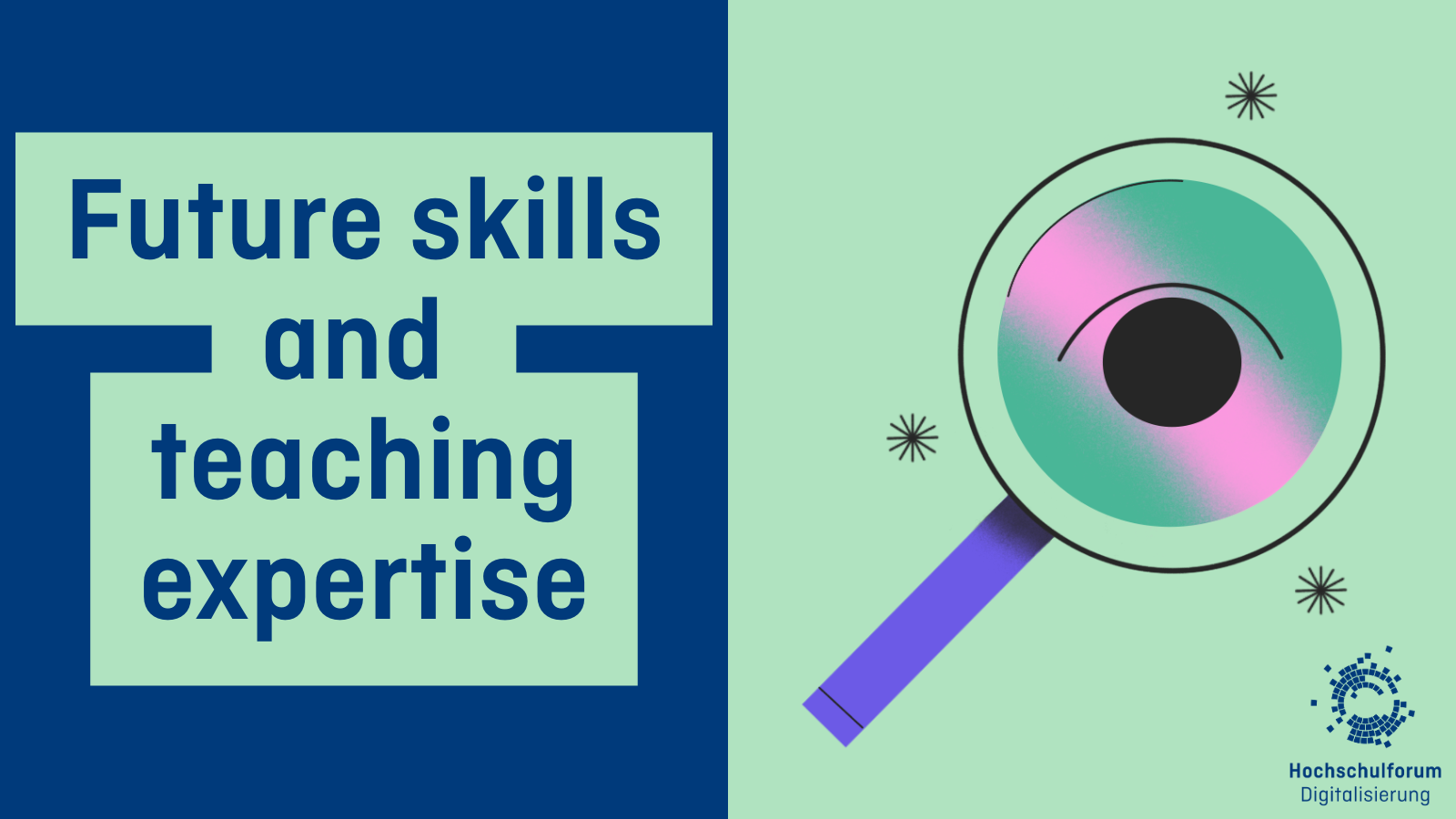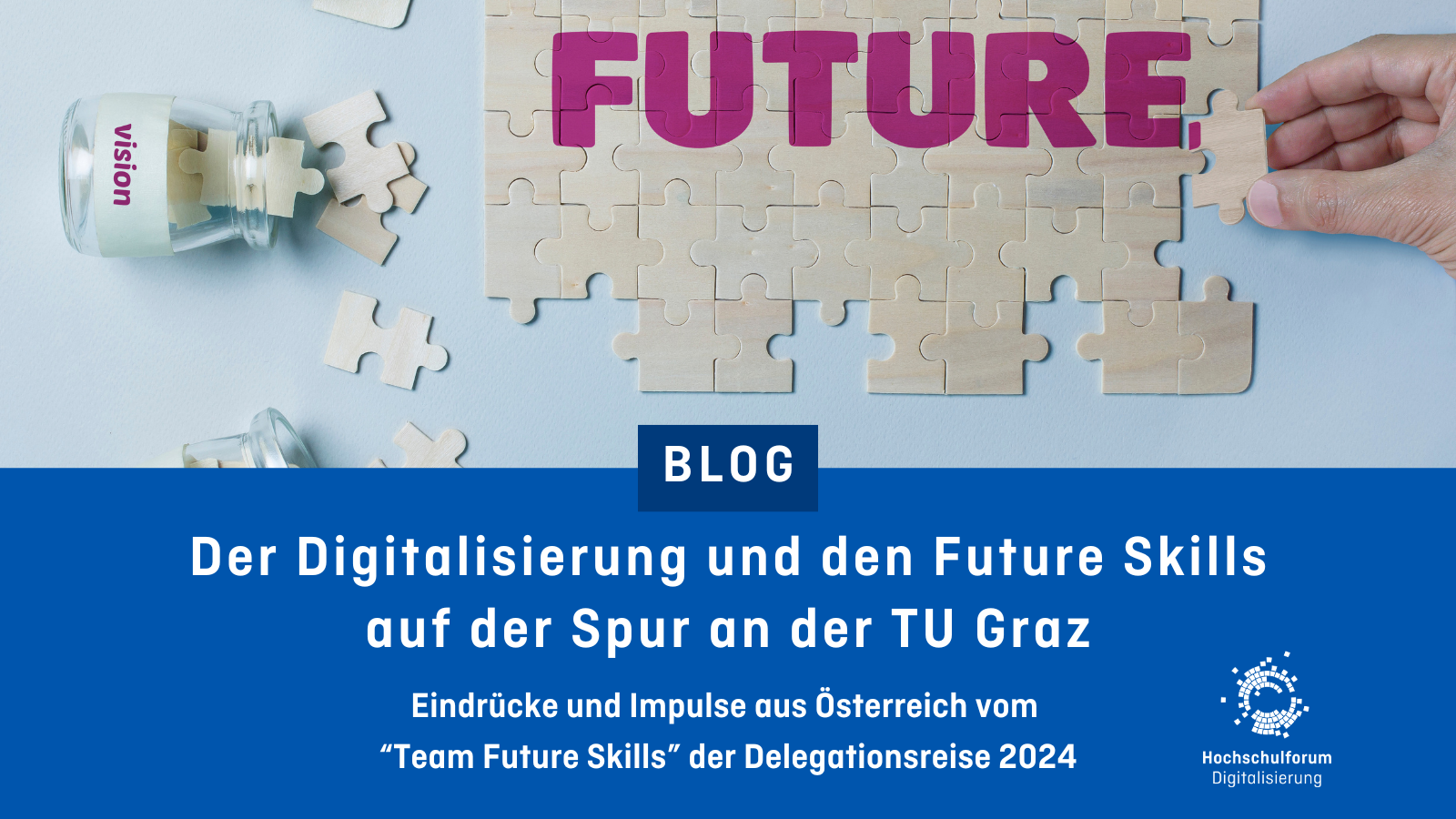Future skills and teaching expertise for the digital transformation

Future skills such as critical thinking, digital competence, resilience and the ability to reflect are key requirements – for teachers and students alike. However, technological innovation alone is not enough: its didactically well thought-out use is crucial. Visibility of good teaching, a practiced feedback culture and sustainable structures are essential for this. The main success factors are committed change agents, modern learning environments and interdisciplinary collaboration.
In Austria, the term “future skills” has so far primarily been used in the context of new work and personnel development – not explicitly in university teaching. This is precisely where a valuable impetus for Germany lies.
Insights and impulses from the delegation trip
Digital transformation does not succeed on its own, but through networked teams and strategic anchoring. The delegation’s findings provide concrete starting points for promoting an open learning culture at German universities – with a curated collection of links and a set of practical reflection questions for lecturers and managers.
You can find these insights and recommendations in the blog post and in the Hangout:

Der Digitalisierung und den Future Skills auf der Spur an der TU Graz
Further publications:
Delegation

Nicole Chaudhuri (M. Sc. Psych)
Wissenschaftliche Mitarbeiterin bei SRH-Hochschule Heidelberg

Dr. Cvetanka Walter
Wissenschaftliche Mitarbeiterin (Didaktik und Future Skills) im Projekt DIGITAM, Hochschule für Technik und Wirtschaft des Saarlandes (htw saar), Saarbrücken

Prof. Dr. Stefan Remhof
Professor für Allgemeine Betriebswirtschaftslehre und International Management in IU Internationale Hochschule

